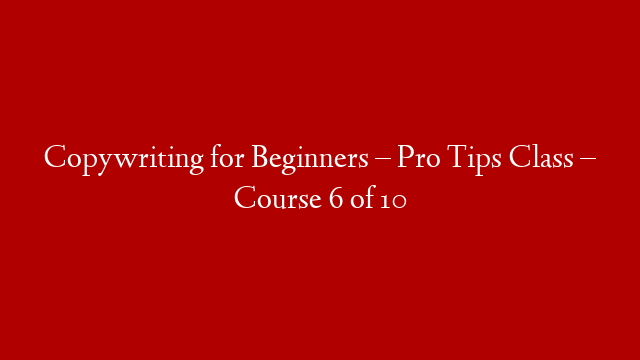You’ve got a great idea for a new business. You’re not sure how to get started, but you know you want to protect your idea. What are your options?
Copyrights, trademarks, patents and trade secrets are all ways to protect your idea. Each has its own strengths and weaknesses, so it’s important to understand all of your options before you decide which one is right for you.
A copyright protects original works of authorship, such as books, music and artwork. A copyright gives the owner the exclusive right to reproduce, distribute and sell the work. A copyright does not protect an idea, only the expression of that idea.
A trademark is a word, phrase or logo that identifies the source of goods or services. A trademark can be registered with the federal government, which gives the owner exclusive rights to use the mark in commerce. A trademark does not have to be registered to be protected, but registration provides some important benefits.
A patent protects an invention from being made, used or sold by others without the consent of the patent holder. To get a patent, you must file a patent application with the United States Patent and Trademark Office (USPTO). The USPTO will review your application and decide whether to grant you a patent. Patents are granted for a limited time – typically 20 years from the date of filing – after which anyone can make, use or sell the invention without permission from the patent holder.
A trade secret is information that is not generally known and that gives a business an advantage over its competitors. Trade secrets can include things like customer lists, formulas and manufacturing processes. To protect a trade secret, businesses must take reasonable steps to keep the information confidential. If someone misappropriates (steals) a trade secret without authorization, businesses can sue for damages.
When deciding how to protect your idea, it’s important to consider how much money and time you’re willing to invest upfront and how long you need protection. For some ideas, copyright might be the best option because it’s relatively inexpensive and easy to obtain. For other ideas, patent protection might be worth the investment because it provides broader protection and could last for 20 years or more. Ultimately, there’s no one-size-fits-all answer – it depends on your unique situation.
![Find the Best Copywriting Examples In Your Inbox [for FREE]](https://www.recue.com/wp-content/uploads/2022/01/Find-the-Best-Copywriting-Examples-In-Your-Inbox-for-FREE.png)

